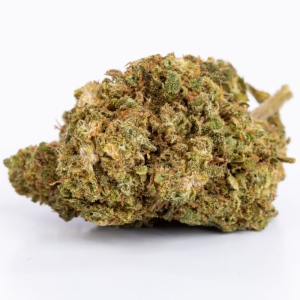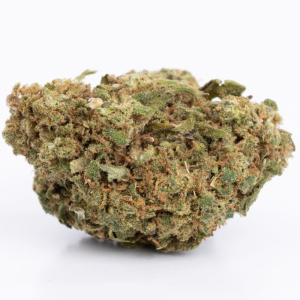Muscle pain: how does CBD work to alleviate it?
Let's start with a little reminder. Our body has a complex system that regulates a certain number of physiological functions: the endocannabinoid system (ECS). It is involved in the sleep cycle, the stress response, the immune response, mood, metabolism... and the sensation of pain.
To play its physiological role, the ECS can rely on three elements: receptors, endocannabinoids (signaling molecules) and enzymes.
The receptors (CB1 and CB2) are locks on the cells of our body. Endocannabinoids are the keys that activate or deactivate these locks. Anandamide, for example, is a neurotransmitter that attaches to these receptors to reduce inflammation and reduce pain.
According to studies carried out by the University of Sao Paulo and published in the journal Frontiers in Neurology, CBD, which is therefore a non-psychotropic cannabinoid found in the hemp plant, affects these receptors to block the degradation of anandamide by inhibiting certain enzymes.
By preventing this breakdown, anandamide levels therefore remain high for longer in the body, improving pain management and promoting muscle relaxation, particularly in individuals with neurological disorders.
Scientific literature demonstrates the analgesic power of CBD
The potential of CBD as an analgesic agent, capable of relieving pain and reducing inflammation, is a recurring topic in the scientific literature of the last ten years.
A study carried out by the University of Milan and published in the European Journal of Painshows that localized use of cannabidiol reduces inflammation and pain in rats with arthritis. The results showed a marked reduction in markers of inflammation and an improvement in mobility in the treated rats.
In addition, a clinical study carried out in 2020 by the Department of Neurology at the University of California examined the effects of CBD on chronic muscle pain. Carried out on 97 participants, this study observed a significant reduction in pain in 62% of them after eight weeks of treatment, compared to only 26% in the control group.
CBD and muscle pathologies: further studies are needed
Although the initial results are promising, it should be noted that research on CBD and its effect on muscle relaxation is still in its infancy. If the analgesic role of the cannabinoid is not in doubt, the protocols to follow for heavy muscular pathologies have not yet been defined.
Many studies remain preliminary and have been carried out either on animals or on small groups of participants.
A meta-analysis published in the Journal of Cannabis Research highlights the need for more randomized clinical trials to precisely evaluate the effectiveness of CBD in the treatment of pathologies that involve a form of muscular spasticity.















